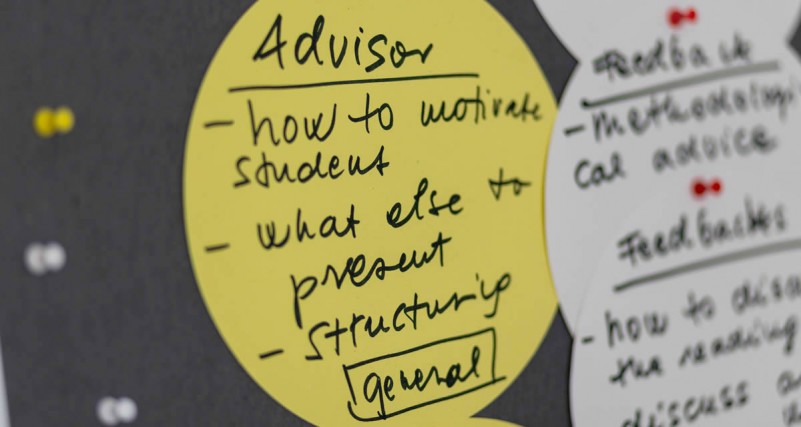Target Groups
Sustainable development of Higher Education goes beyond the university level. Responding to this, WUS Austria works together with the public sector, economy and society as a whole.
Higher Education Institutions
Higher Education Institutions are our main target group, as we believe that they are a key factor in the socio-economic and political advancement of every society. Responding to this, we work with public and private institutions, including adult education and vocational education, for the development of education and research at different levels. Together, we develop study programs, build infrastructure, consult change management and raise awareness on crucial topics such as student-centred, inclusive education, or new learning/teaching methods. As a result, educational services are of higher quality, graduates are better employable, and society benefits from the outputs of critical minds that can contribute to creative solutions for difficult societal challenges.
Companies
In addition to educational institutions, we work with firms and representatives of the industry in order to ensure that the knowledge triangle “education, research, and innovation” is in force. To this end, companies contribute to the innovative aspect of education, bringing in own lessons learnt as well as practical examples (state-of-the art equipment, methods and tools etc.). In return, companies profit from the educational institutions’ research, questions and results alike. This collaboration makes educational and research results more relevant and helps to bring about innovative solutions to tackle current challenges.
Governmental Institutions
Educational reforms, whether they come top-down or bottom-up, need the backing of the state. Most importantly, this means that reform strategies and results need to be embedded into the legal frameworks and legal practices of the country or region and need to be in line with higher-level strategies. This makes it possible to build synergies between reforms in different areas and at different levels to safeguard resources. This is especially important in countries with extreme tight budgets and in countries with a high rate of reforms at different levels (post-war, countries in transition etc.).
NGOs
We work with NGOs (non-governmental organizations)to add different perspectives to the developments and reforms which we support. To this end, NGOs cover topics, aspects and opinions which may not be considered by governmental institutions (in the same way) and which help to anticipate and to evaluate the impact of educational work from a different angle. Being ourselves a non-governmental organization, we value critical questions and critical thinking which we believe brings about creative solutions for the benefit of all parts of society.

